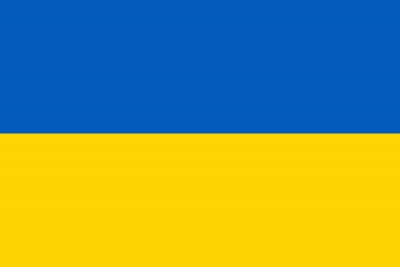The Triple Entente (from French entente [tt] meaning "friendship, understanding, agreement") describes the informal understanding between the Russian Empire, the French Third Republic and the United Kingdom of Great Britain and Ireland. It was built upon the Franco-Russian Alliance of 1894, the Entente Cordiale of 1904 between Paris and London, and the Anglo-Russian Entente of 1907. It formed a powerful counterweight to the Triple Alliance of Germany, Austria-Hungary, and Italy. The Triple Entente, unlike the Triple Alliance or the Franco-Russian Alliance itself, was not an alliance of mutual defence.
The Franco-Japanese Treaty of 1907 was a key part of building a coalition as France took the lead in creating alliances with Japan, Russia, and (informally) with Britain. Japan wanted to raise a loan in Paris, so France made the loan contingent on a Russo-Japanese agreement and a Japanese guarantee for France's strategically vulnerable possessions in Indochina. Britain encouraged the Russo-Japanese rapprochement. Thus was built the Triple Entente coalition that fought World War I.At the start of World War I in 1914, all three Triple Entente members entered it as Allied Powers against the Central Powers: Germany and Austria-Hungary. On September 4, 1914, the Triple Entente issued a declaration undertaking not to conclude a separate peace and only to demand terms of peace agreed between the three parties. Historians continue to debate the importance of the alliance system as one of the causes of World War I.
The Ukrainian People's Republic (UPR), or Ukrainian National Republic (UNR), was a country in Eastern Europe that existed between 1917 and 1920. It was declared following the February Revolution in Russia by the First Universal. In March 1917, the National Congress in Kyiv elected the Central Council composed of socialist parties on the same principles as throughout the rest of the Russian Republic. The republic's autonomy was recognized by the Russian Provisional Government. Following the October Revolution, it proclaimed its independence from the Russian Republic on 22 January 1918 by the Fourth Universal.
During its short existence, the republic went through several political transformations – from the socialist-leaning republic headed by the Central Council of Ukraine with its general secretariat to the socialist republic led by the Directorate and by Symon Petliura. Between April and December 1918, the socialist authority of the Ukrainian People's Republic was suspended, having been overthrown by the pro-German Ukrainian State of Pavlo Skoropadskyi, who was elected as a Hetman by a congress of peasants. From late 1919, the UNR operated as an ally of the Second Polish Republic. On 10 November 1920, the state lost the remainder of its territory to the Bolsheviks. The 18 March 1921 Peace of Riga between the Second Polish Republic, Soviet Russia (acting also on behalf of Soviet Belarus), and Soviet Ukraine sealed the fate of the Ukrainian People's Republic.
After the October Revolution, many governments formed in Ukraine, most notably the Ukrainian People's Republic of Soviets (1917–1918) based in Kharkiv, and its Soviet successors. This force, along with the Ukrainian Republic (based in Kyiv), plus the White Movement, Poland, Green armies, and the Anarchists, fought constantly with each other, which resulted in many casualties among Ukrainians fighting in a 1917–21 Ukrainian Civil War as part of the wider Russian Civil War of 1917–23. The Russian SFSR would (after the 1921 Treaty of Riga) extend control over what would ultimately become the Ukrainian Soviet Socialist Republic and (in 1922) a founding member of the Soviet Union.

1919Feb, 17
The Ukrainian People's Republic asks Entente and the US for help fighting the Bolsheviks.
Choose Another Date
Events on 1919
- 5Jan
Nazi Party
The German Workers' Party, which would become the Nazi Party, is founded. - 23Mar
Italian Fascism
In Milan, Italy, Benito Mussolini founds his Fascist political movement. - 4May
Treaty of Versailles
May Fourth Movement: Student demonstrations take place in Tiananmen Square in Beijing, China, protesting the Treaty of Versailles, which transferred Chinese territory to Japan. - 19May
Turkish War of Independence
Mustafa Kemal Atatürk lands at Samsun on the Anatolian Black Sea coast, initiating what is later termed the Turkish War of Independence. - 29May
General relativity
Albert Einstein's theory of general relativity is tested (later confirmed) by Arthur Eddington and Andrew Claude de la Cherois Crommelin.

 English
English  español
español  français
français  português
português  русский
русский  العربية
العربية  简体中文
简体中文 